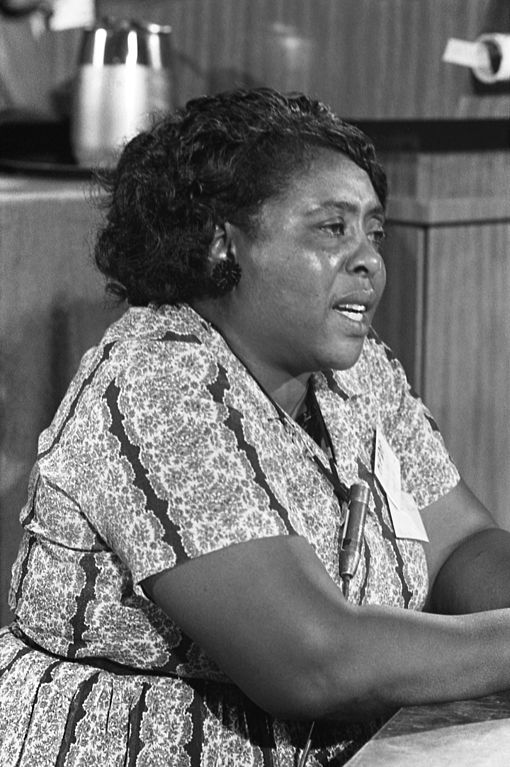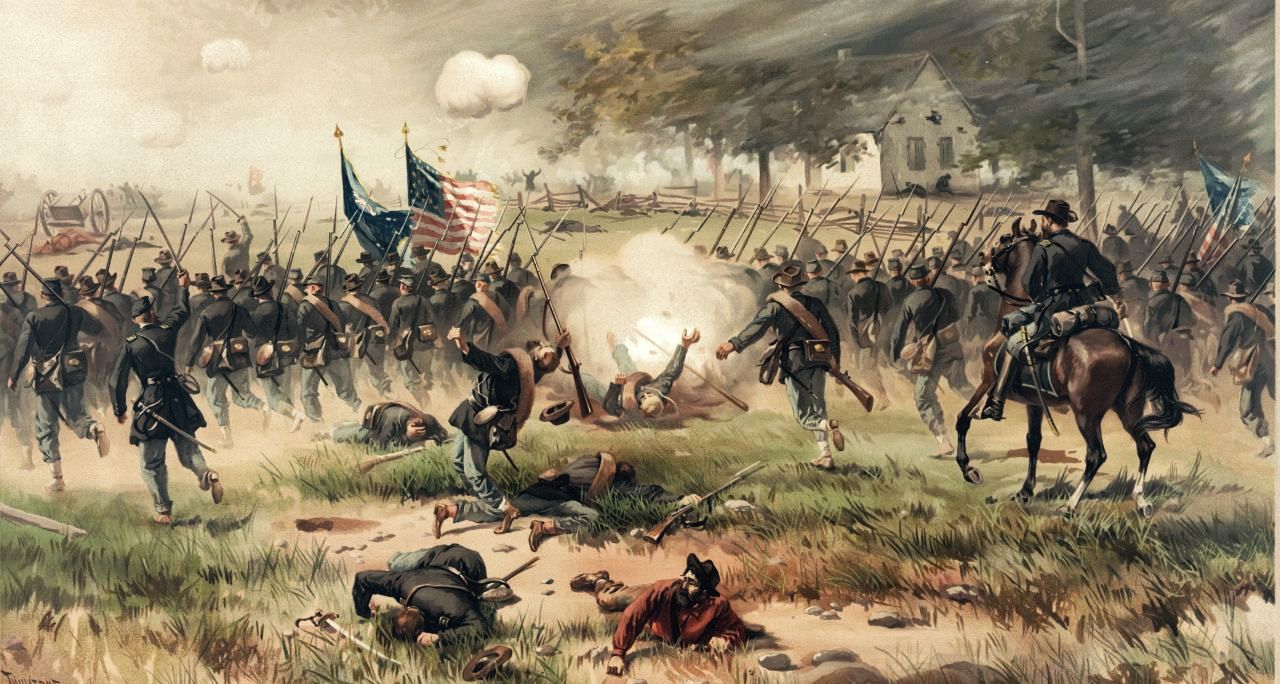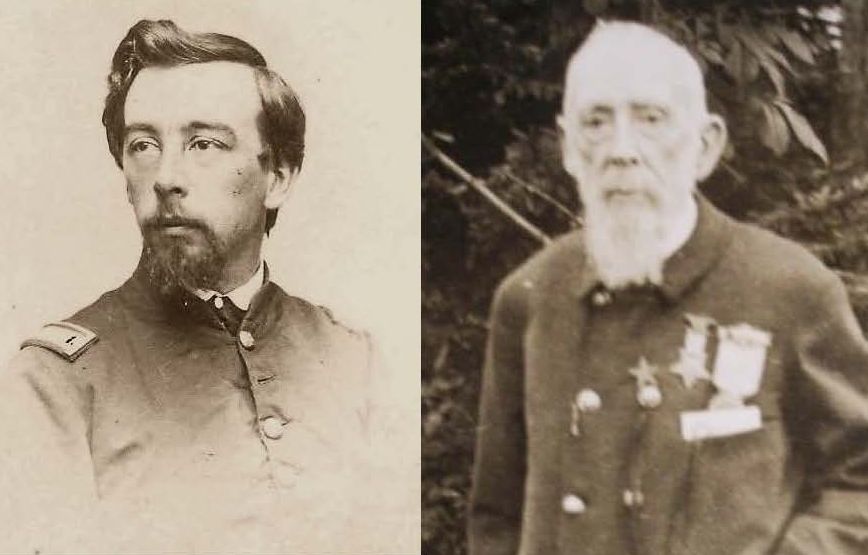August 2022

One afternoon in 1960, Ralph Rinzler, a mandolin player and folklorist from Passaic, New Jersey was visiting the Old Time Fiddler’s Convention in an isolated part of northwestern North Carolina called Union Grove. Ralph was looking for the real thing – unadulterated hillbilly music in a place so remote even today that it’s identified as a “non-functioning county subdivision.”
Editor’s Note: Pres. George Washington urged future leaders to pay off government liability, rather than “ungenerously throwing upon posterity the burdens which we ourselves ought to bear.” But since 2000, politicians of both parties have added $25.5 trillion to the national debt, according to the U.S. Treasury. We asked Bill White, the former mayor of Houston and Chairman of Lazard Houston, to provide a look at the history of federal debt and the principles that once guided our political leaders. Mr. White is the author of the much-praised book, America’s Fiscal Constitution: Its Triumph and Collapse.
In the years following the American Revolution, George Washington worried that debt from the war remained unpaid. The retired general likened the financially impotent Confederation government to a “house on fire” being “reduced to ashes” while politicians debated “the most regular mode of extinguishing” the blaze.


Editor’s Note: Keisha N. Blain is a professor of Africana Studies and History at Brown University and a 2022 Guggenheim Fellow. The following is an excerpt of the introduction to her latest book, Until I Am Free: Fannie Lou Hamer's Enduring Message to America, which chronicles the life and legacy of the civil rights leader.


